What’s in the Box
- Gaillardia Flower Seeds
- Sowing instructions printed on backside of Seed Packet
- Recyclable Pouch
Introduction
Gaillardia, commonly known as blanket flower, is a vibrant, daisy-like flowering plant that adds a burst of color to any garden with its fiery shades of red, orange, and yellow. A hardy perennial in many zones (often grown as an annual in cooler climates), Gaillardia is beloved not only for its long blooming period but also for its ability to thrive in poor soils and resist drought once established. These flowers are native to North and South America and are a favorite for pollinators like bees and butterflies.
Growing Gaillardia from seed is a rewarding and budget-friendly way to enjoy these cheerful blooms. This guide provides a detailed overview of the entire process, from germination to pest control.
Guide to the Germination Process, Soil & Fertilizer, Watering & Pest Control Requirements for Gaillardia Flower Seeds
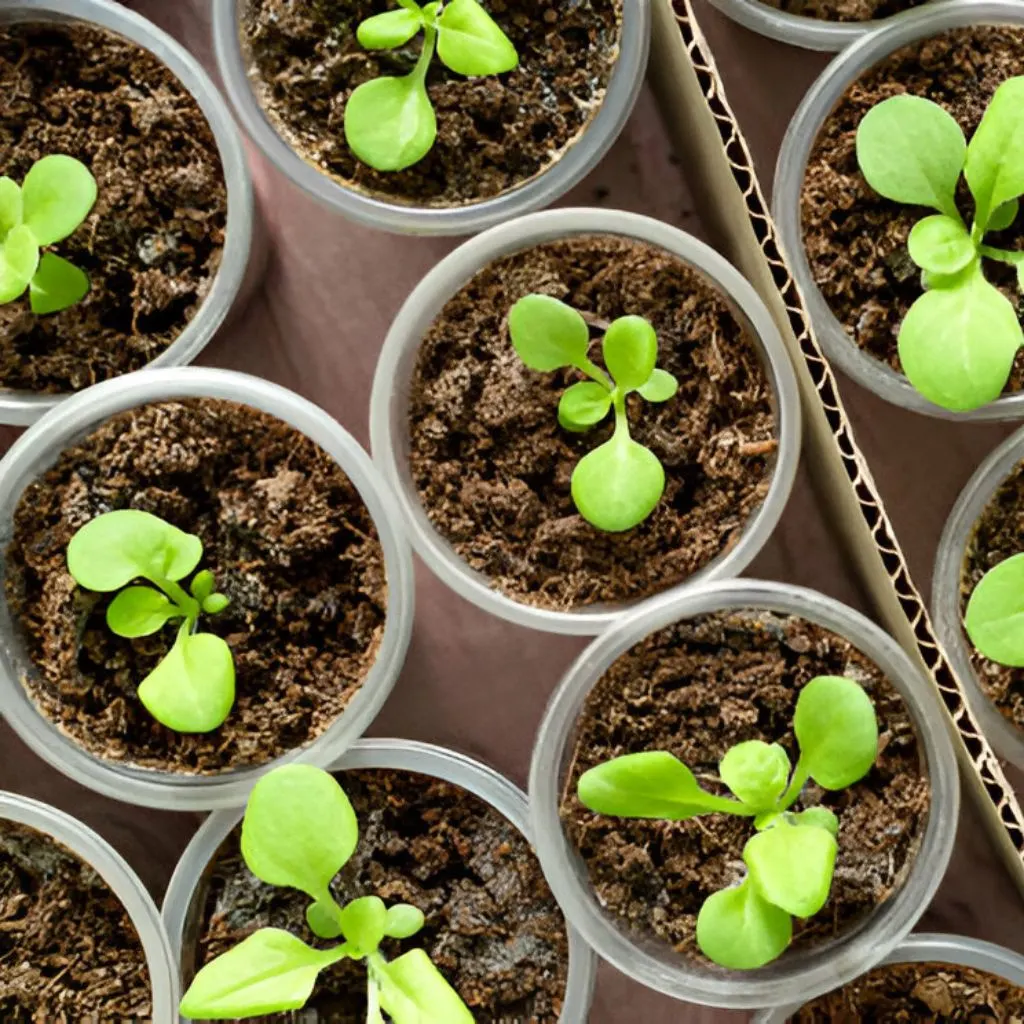
Seeds Germination Process
Seed Preparation
- Soaking (Optional): Soak seeds in warm water for 4–6 hours to help speed up germination. This step is optional but can be beneficial for older seeds.
Planting Medium
- Use a well-draining seed starting mix. Avoid heavy garden soil.
- Recommended mix: 1 part peat moss or coco coir, 1 part perlite or vermiculite for aeration and drainage.
- The medium should be light, fluffy, and sterile to prevent damping-off diseases.
Planting
- Sow seeds on the surface of the soil; do not bury them deeply as they need light to germinate.
- Press lightly into the soil so they maintain contact without being covered.
Containers
- Use seed trays, biodegradable pots, or shallow containers with drainage holes.
- If growing indoors, trays with humidity domes are ideal to maintain moisture.
Watering
- Water gently using a spray bottle or bottom watering method.
- Keep the medium consistently moist but not soggy. Avoid waterlogging, which causes fungal issues.
Temperature
- Ideal germination temperature is between 21–24°C (70–75°F).
- Use a heat mat if necessary to maintain consistent warmth, especially in colder regions.
Light
- Gaillardia seeds require light to germinate.
- Provide 12–16 hours of light daily using fluorescent or LED grow lights if indoors.
- Place near a south-facing window if natural sunlight is available.
Germination Time: Once germinated, remove humidity dome and continue providing light and water.
Expect germination within 7–14 days, though some seeds may take a bit longer.
Soil & Fertilizer Requirement
Soil Type
- Gaillardia prefers sandy, well-draining soils.
- Tolerates poor and rocky soils well, making it ideal for xeriscaping.
- Optimal soil pH range: 6.1 to 6.8 (slightly acidic to neutral).
Soil Preparation
- Loosen garden soil to a depth of 12–15 inches before planting.
- Incorporate organic compost or aged manure for initial nutrient support.
- If soil is heavy (clay-like), amend with coarse sand or perlite to improve drainage.
Fertilization: For container-grown plants, use a diluted liquid fertilizer every 4–6 weeks during the growing season.
Gaillardia does not require heavy feeding.
Apply a balanced slow-release fertilizer (e.g., 10-10-10 NPK) once at planting time.
Avoid over-fertilization, which can lead to excess foliage growth and fewer flowers.


Watering Requirement
Regular Watering
- Water regularly during seedling and early growth stages to establish roots.
- Maintain slightly moist but not wet soil for young plants.
Drought Tolerance
- Once established, Gaillardia is highly drought-tolerant.
- Ideal for water-wise and xeric landscapes.
Deep Watering
- Water deeply and infrequently rather than shallow, frequent watering.
- Encourage deeper root development by letting the topsoil dry between waterings.
Avoid Overwatering
- Overwatering is one of the most common causes of plant failure.
- Ensure good drainage and avoid letting water pool around the roots.
Climate Dependent: Adjust based on rainfall and soil moisture.
In hot, dry climates, Gaillardia may need water 1–2 times per week.
In cooler or humid regions, watering once a week or even less may suffice.
Pest Control Requirement
List of Pests
While generally pest-resistant, Gaillardia can occasionally be affected by:
- Aphids – Small sap-sucking insects found on stems and buds.
- Leafhoppers – Cause stippling and can spread diseases.
- Spider Mites – Microscopic pests that cause leaf speckling and webbing.
- Caterpillars – Chew through leaves and petals.
- Whiteflies – Tiny flying insects that feed on undersides of leaves.
- Slugs/Snails – Feed on tender seedlings and leaves.
Solutions
Good Garden Hygiene: Remove dead foliage and spent flowers to prevent pest harborage.
Manual Removal: For larger pests like caterpillars or snails, handpick and dispose.
Neem Oil Spray: Effective against aphids, spider mites, and whiteflies. Spray early morning or late afternoon to avoid sunburn.
Insecticidal Soap: Safe for plants and effective against soft-bodied insects like aphids.
Diatomaceous Earth: Sprinkle around plants to deter crawling pests like slugs and snails.
Encourage Beneficial Insects: Ladybugs, lacewings, and parasitic wasps can help control aphids and other pests.
Companion Planting: Planting garlic, marigold, or chives nearby may deter some insect pests naturally.


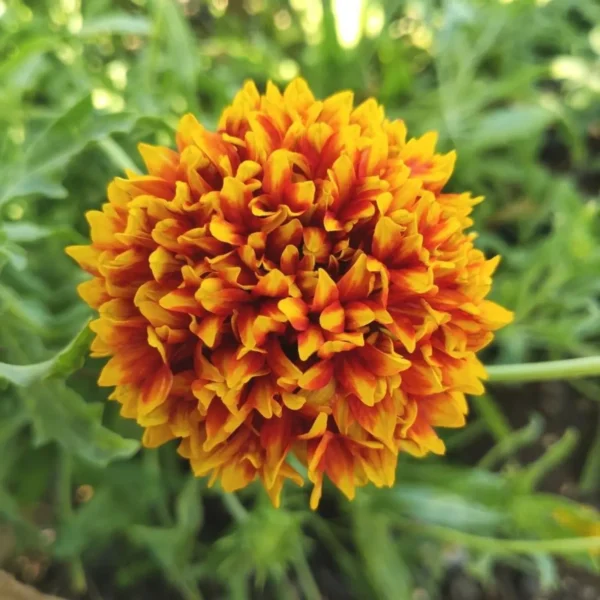

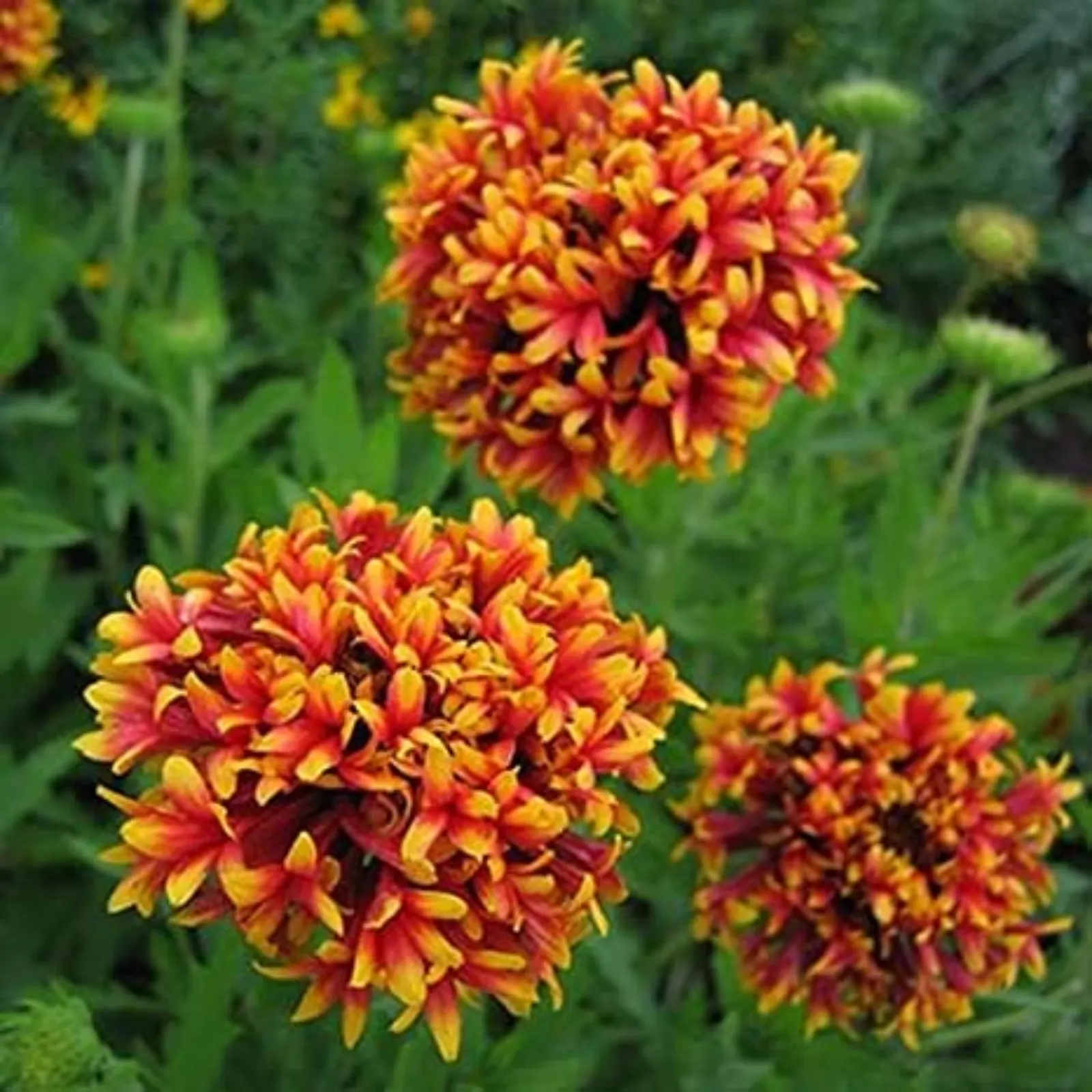

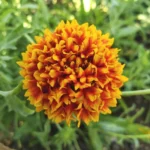

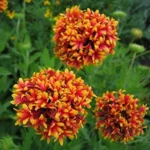

Reviews
There are no reviews yet